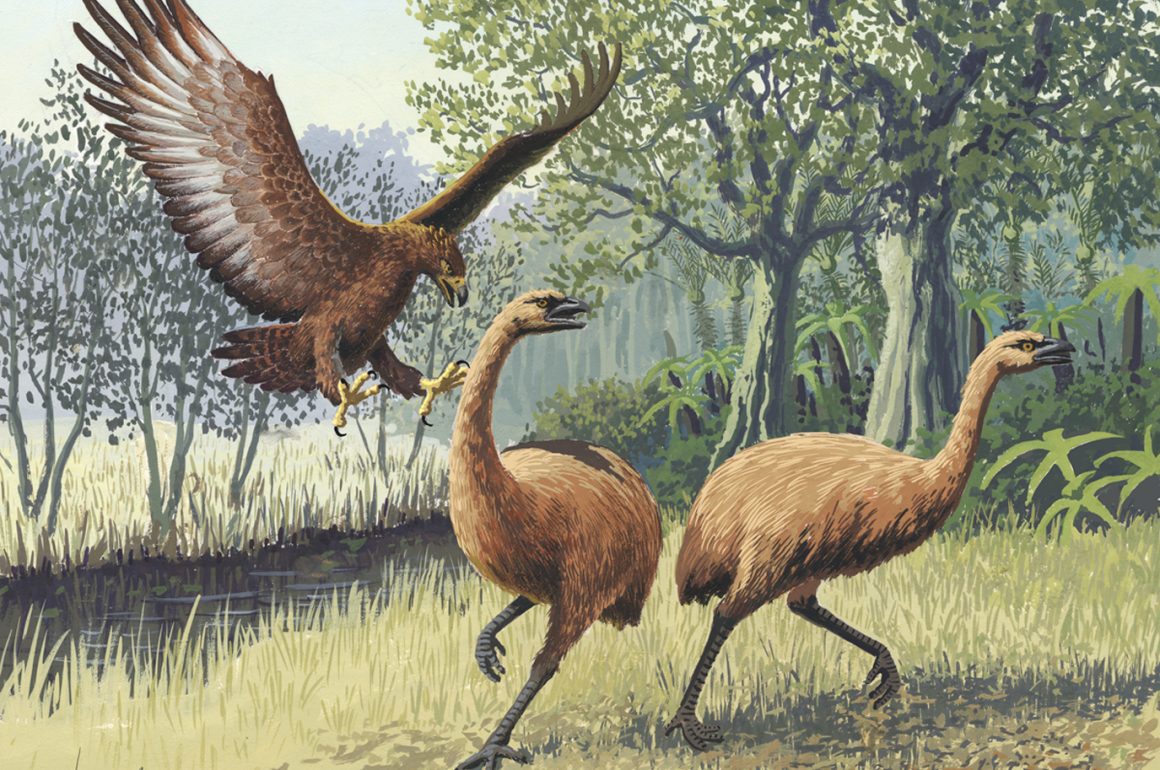
Just the other day I received a meme. It showed all the planets in our solar system, the number of human deaths in history and the presence of birds: yes/no. Of course, only Earth had billions of dead people and birds. Conclusion: sheeple, wake up!
So, are birds really a threat to the survival of humans? In biological terms, birds could only eliminate other species by over-predation, affecting evolutionary mechanisms or transferring disease. There’s some folkloric stories about Haast’s Eagles hunting Maori, but birds are too small to predate humans. Transferring disease is possible, but unfortunately for hundreds upon hundreds of species the trend seems to be the other way. Pig and poultry farmers “created” bird flu, which spreads to wild bird populations where the effects are horrendous. Don’t be fooled by some farmers’ narrative of wild birds spreading the disease to domestic fowl. That is victim blaming (fowl play!).
Leaves us with evolutionary pressure. Do birds affect our procreation, our survival of the fittest? Where best to look than at the Darwin Awards? “Honouring Charles Darwin, the father of evolution, Darwin Awards commemorate those who improve our gene pool – by removing themselves from it in the most spectacular way possible“. I found only two Darwin Awards that involved birds (not counting food-related accidents):
- In Mississauga, Canada a man slips and falls 23 stories to his death. The man had been cleaning a bird feeder on his balcony. Stefan Macko, 55, was standing on a wheeled chair.
- Arkansas inhabitant David and his wife decided that they wanted an ostrich. They hopped over the fence of an ostrich pen where they tried to befriend a male ostrich. The bird attacked the couple, killing David and putting his partner in the hospital in critical condition.
Birds are harmless to humans, and we can only wish the reverse were true.
Feature image: John Megahan, CC BY 2.5 https://creativecommons.org/licenses/by/2.5, via Wikimedia Commons







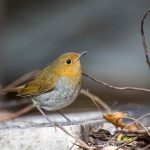

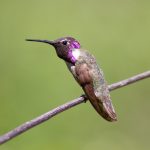
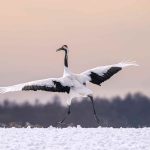
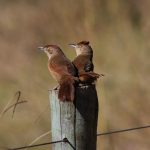
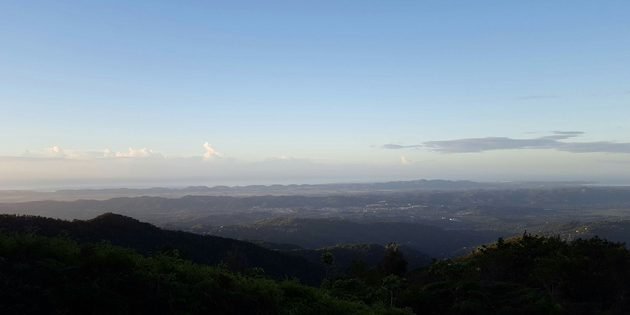
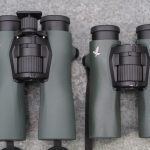
Fowl play? Really?
Missed the Wallace and Grommit reference. My apologies.
Any Wallace and Grommit references elevate this site. Thank you, Peter.
Bearded Vultures reportedly “produce carcasses” not by direktly killing mammals – which they are incapable of – but by spooking animals on steep mountain slopes so these animals fall to their deaths.
There is anecdotal evidence that not all bearded vultures partaking in this activity would distinguish between an ibex and a human.